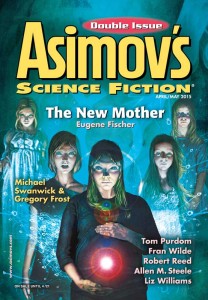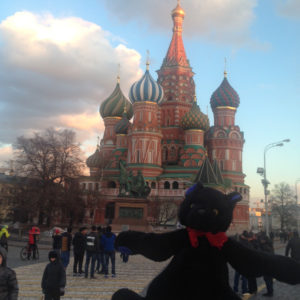So today was my very exciting trip to my local Social Security office in order to sign up for Medicare.
Drove along while listening to Jerry Goldsmith’s score for The Omen (of all the things Goldsmith wrote, this is the one that won an Academy Award…but that extensive debate over scores—I mean, come on, “The Wind & the Lion”, “The Blue Max”, hello?— is for another time).
And so I go inside and have to register for my turn on a touch-screen monitor, which kicks out a deli-counter-style piece of paper to tell me where I am in line.
And mine…spits out D666. Coincidence? I think not.
It’s all Goldsmith’s doing. I’m certain of it.
-gf
Like this:
Like Loading...




